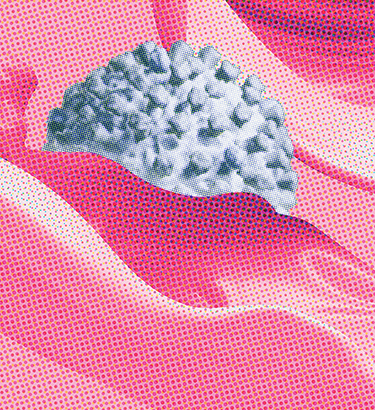Pierce is one of many STI-positive advocates working to undo the stigma around HSV. It's a tall order: Herpes stigma is a complex social phenomenon that's become deeply ingrained in American society.
There's no single cause for this kind of prejudice, Pierce said. Herpes stigma emerges from a variety of complex social forces, from bad journalism to poor sex education to the ad campaigns of large pharmaceutical companies.
But it can also come from within. When HSV-positive people internalize the logic of social stigma, they may come to believe they are unlovable, their sex life is over, or they are repulsive or irreparably damaged.
None of this is true, but the feelings are intense due to their deep-rooted nature, Pierce said. A lot of the suffering that follows an HSV diagnosis can be traced back to ideas around sex negativity and shame that many people learn at a young age.
"We find the people who it doesn't seem to impact a lot are the people who started off having a lot of really comprehensive sexual health education and come from really sex-positive backgrounds and spaces," she said.
Few are lucky enough to have this background, however. Whether they have a sexually transmitted infection or not, most people must spend a lot of time and effort unlearning internalized stigma, Pierce said. For her, it took more than a decade to feel like her diagnosis no longer defined her day-to-day life.
"It's always going to inform us, but it doesn't end up defining us if we don't allow it," she said.










